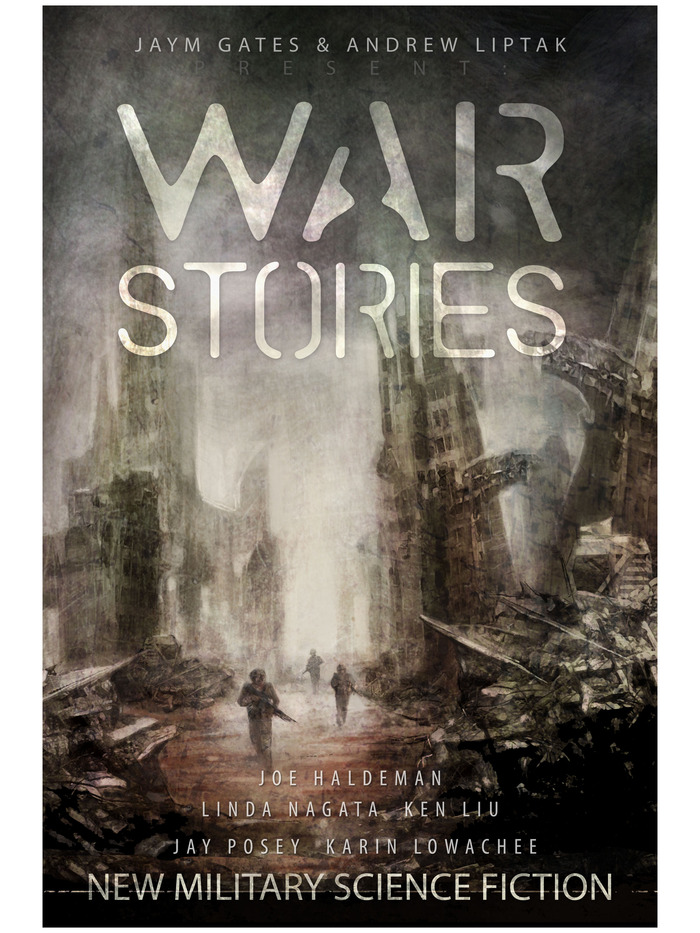So my pal Kameron Hurley has an excellent post up about how she hacked her writing process which you should totally go read because it’s excellent insight into how she works and more importantly why she works that way. Kameron is the author of the God’s War trilogy and also The Mirror Empire which blew up the epic fantasy scene last year and you should totally buy all the copies of all her books.
One thing in particular that struck me while I was reading her post was just how incredibly different creative processes can be. In her post, Kameron talks about why writing in 90 minute chunks wasn’t working for her and why she’s decided to go against the Typical Wisdom of Writing Every Day.
It was particularly striking to me because as I’ve been working on the third book in the Duskwalker trilogy, I had to re-evaluate and reinvent my own process. Writing Morningside Fall was extremely difficult for me, and I think in some ways I broke myself finishing that book. (I’ll probably talk more about that one of these days, when I get past my current deadline.)
Suffice to say, I was struggling mightily with this latest work until I tried a new thing: fifteen minute sprints, twice a day, once in the morning, once in the afternoon. You might think fifteen minutes isn’t enough time to do much of anything. That’s certainly what I thought for a long time … until I tried it.
And it’s true, I don’t get HUGE CRUSHING WORD COUNTS in those fifteen minutes. Sometimes I get maybe up to 300 or so, which isn’t a bad pace. But what’s more important is what happens when I sit down at night (after a full day at the Ol’ Day Job, and a couple of hours of Family Time, when I’m tired and grumpy and still have to open my laptop to do Moar Work).
Which is, I write a bunch more words. Like, a lot more. I’m way more productive now than I’ve been in previous months, and maybe even ever. I’m still not exactly sure why this particular change helped get me moving again. I just know that for the first time in a loooong time, I’m actually enjoying writing again, and I guess success tends to beget success (where in this case success is defined as hitting word count goals).
If you went and read Kameron’s post, you’ll see why it struck me so much. If you didn’t, well I’ll spoil it for you; her basis for taking a single long day of writing stands pretty much diametrically opposed to my fifteen minute sprints. CLEARLY WE CAN’T BOTH BE RIGHT.
Except, we can, and we are. Because we’re two different creative professionals, each professionally creating. And, perhaps most significantly, we’re both interested in figuring out how we each create best.
All of which is to say, if you’re a writer and you’re still trying to figure out How to Do the Work, don’t worry if your process doesn’t look anything like anyone else’s process.
It cannot be stressed enough. Everyone Is Different. Part of the work of being a professional writer is figuring out How to Work. It’s certainly helpful to have access to other writers to see what works for them and what doesn’t, but it’s important to recognize that what works for them might not work for you. In fact, trying to replicate someone else’s creative process might actually be worse for you.
If you want to be a serious creative professional, you have to be serious at evaluating yourself, and you have to be brave enough to make the necessary changes to improve. The process that worked on Book X might not work on Book Y. You have to be willing to tear down what used to work and replace it with what works now.
There are many stories floating around out there about how Tiger Woods has, over the course of his career, broken down everything about his swing and rebuilt it from scratch multiple times. As creative professionals, we need to approach our work with the same seriousness and the same devotion to excellence.
Learning how other folks Do Their Work is great for opening up possibilities, but ultimately it’s up to each creative to get down in the mud with their own process to figure out how they work. How to Work is part of The Work.
Apparently the word for today is work.
Mmm, work.

